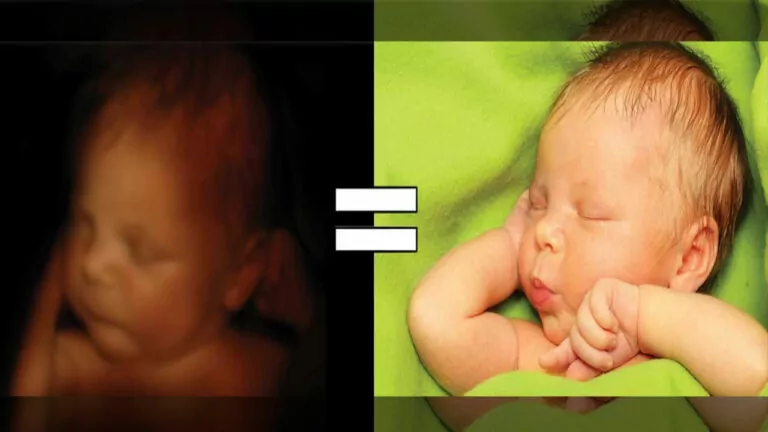In the West we believe all people should be treated equally, no matter their age, race, religion, etc. But why is that? Why should we treat all people equally when, in any way you measure it, no two people are equal? We differ in size, intellect, strength, coordination, hearing, visual acuity, musical aptitude, and in the amount of hair we have left on our head. No two of us are the same so why should we get the same treatment?
In any other situation we don’t treat unequal things equally. We hang a Rembrandt up on a museum wall, while our kids’ efforts only make an appearance on the fridge. Both are art, so why don’t we treat them equally? We recycle our newspapers but save our dollar bills securely in banks. Both are printed paper so why don’t we treat them equally?
Because they aren’t equal.
So let’s ask the question again: if we don’t treat unequal things equally, and in any measurable way no two people are equal, why should we treat people equally?
The Christian answer
There is a Christian answer to that question. The Bible tells us we are all made in God’s image – all of us, without exception. The smallest, weakest child and the largest, strongest man may seem to have nothing in common but that they are both made imago Dei, in God’s image. What makes us equal is not based on our abilities, but is instead intrinsic, not measurable, but still evident to any who pay attention. Every human being is remarkable precisely because we are all, from conception onward made in God’s image.
The world’s fail
The world rejects God, yet they still talk about equality. Just not for the unborn. They won’t give the unborn equal rights – not even the right to life – because the child can’t yet breath on its own, or because it doesn’t have a heartbeat yet, or because it can’t feel pain yet. They won’t treat it equally because it can’t do this, or that, or the other thing. In arguing against fetal rights they ground equality on ability. Why are we worthy of respect and the unborn aren’t? Because we can do things that they can’t.
However, if ability is the basis for equality, then we’re back to the same question: on what basis do we treat people of greatly varying abilities equally? If women can’t lift as much as men, then aren’t men better than women? Aren’t they superior?
That’s not an attractive thought to anyone. But only Christians know why: “…in the image of God he created him; male and female he created them” (Genesis 1:27). Meanwhile the world has to pretend that a 150-pound woman really can lift the same amount at a 200-pound man – they have to pretend that in every respect women can do all that men can do because ability is their only basis for equality.
The question
As Christians our pro-life argument is that an unborn baby is equal to a newborn, is equal to a toddler, is equal to a teen, is equal to an adult. Different in every measurable ability, and yet equal because they all share the imago Dei. And the question we have for the world is this: “if you think the unborn aren’t our equals, then explain please, why you think anyone is equal?”















